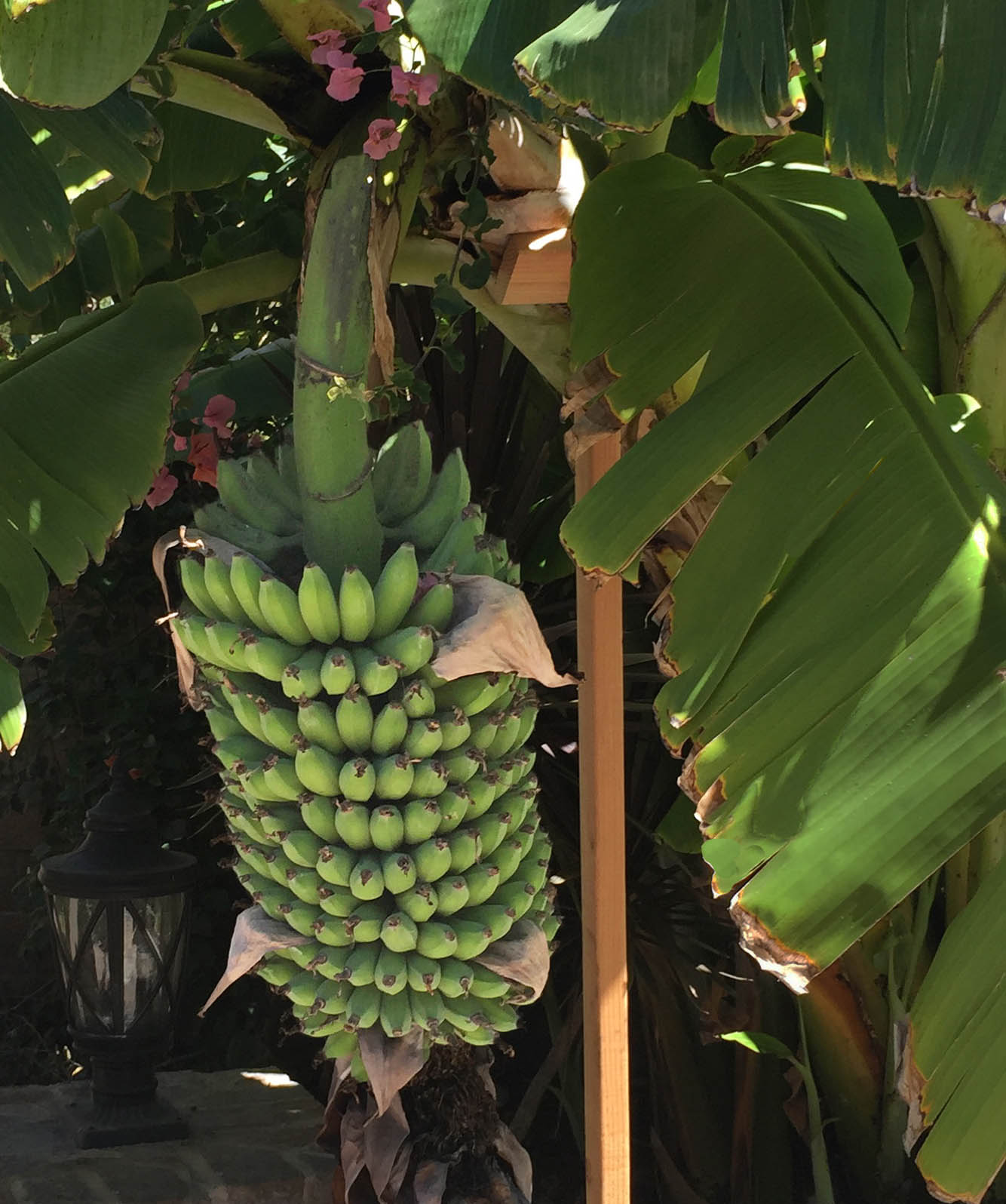
Lorem ipsum dolor sit amet, consectetur adipiscing elit. Maecenas et metus.

After a few weeks I'm seeing mushrooms; was this a bad batch?
To the contrary, the presence of mushrooms means that the soil has active fungi. As the fungi populations grow, they are making nutrients available for your plants. This is the natural system. Remember that the purpose of compost is to bring life to your soil, and bacterial and fungal growth are the building blocks. Just let them be, as this is a important stage in the life cycle of fungi. In a few days, they collpase and will add to the health of the soil.
How much water will compost save me?Typically a 50% reduction in water usage is normal. Using compost on the surface prevents evaporation from the soil, and this alone can be half of your water usage. Additionally compost allows more water to soak into the soil rather than washing off. Lastly the roots will grow further out from the plant, finding the water they need. No sprinkler system is perfect, and running the sprinkler for additional time to get that dry spot is expensive.
Should I rent a rototiller?
Ideally, you should mimic how nature builds healthy soils. The last few times I was at the rental yard, I didn't see nature renting a rotiller. Instead she (is that ok to say?) places organic matter on the surface, and uses a host of microorganisms to work it into the soils. Rototilling actually is more disruptive than good, because each strata of your soil has specific microorganisms that work at that level.
Is your product nitrogenized?
The bacteria that decompose need both carbon and nitrogen. An excellent ratio is 30 parts carbon to 1 part nitrogen (known as the C:N ratio). Higher ratios mean that there is not sufficient nitrogen for optimal growth of the microbial populations, thus decomposition will proceed at a slow rate. Secondly, all composts continue to decompose after they are placed in the soil. Those composts that have excess carbon will draw nitrogen from the surrounding soil, causing a nitrogen shortage for plants. This is because bacteria are more proficient at absorbing nitrogen than plants, and will out compete plants when nitrogen is in short supply. Therefore commercial composts that are from wood shavings and wood chips will often have nitrogen blended in to compensate for the nitrogen deficiency. For more feedstocks and their C:N ratios see: